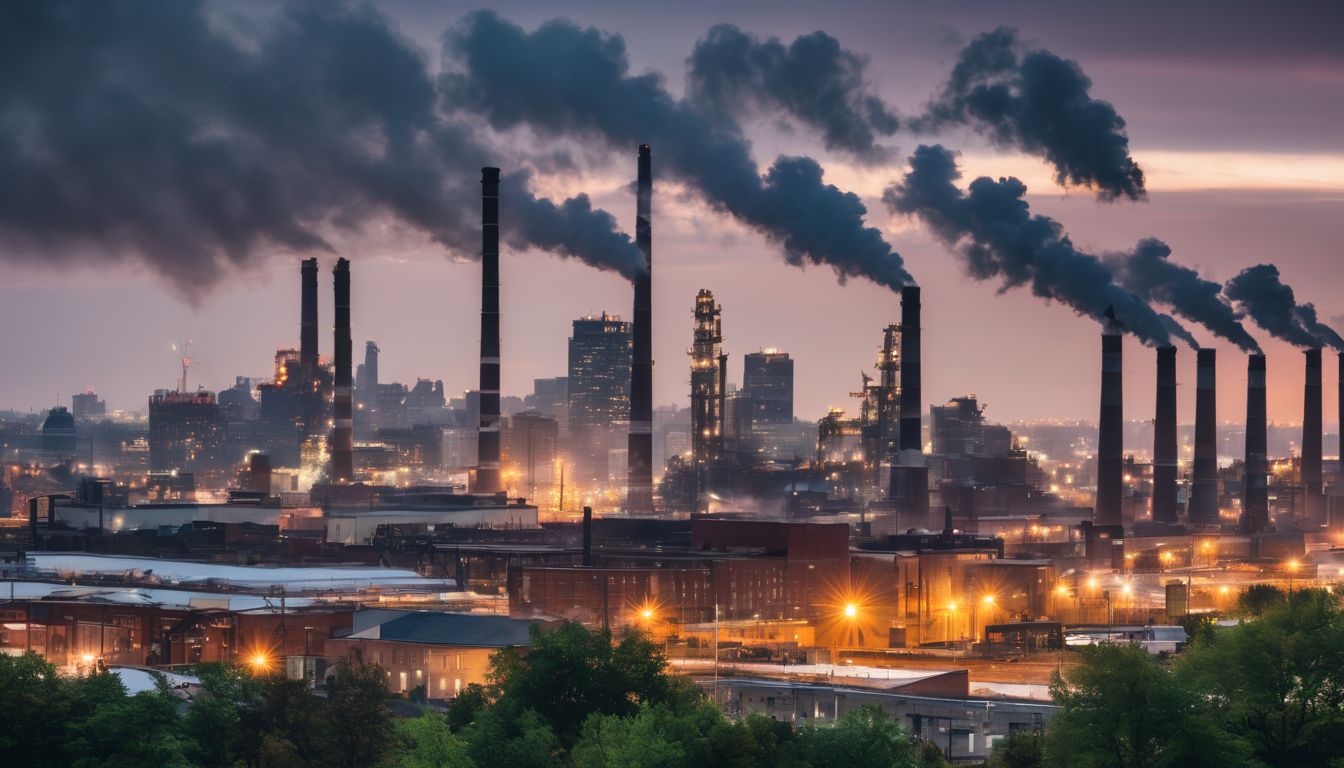Climate change, global warming , erratic weather, we hear these terms being thrown around everywhere these days. There are many who contend that climate change is upon us, no ifs or ors about it. There are others who say this is a natural cycle that has occurred over Earth’s history and has nothing to do with human activity. The big question is: how can we measure significant changes in global temperatures? This is a difficult question, particularly when looking back over many centuries. To determine whether Earth’s climate has changed significantly within the last 100 years, climate scientists rely on the instrumental temperature record. Many climate change skeptics take issue with these records and cite the uncertainties inherent in these records as the reason for their skepticism. And recently, the doubts and debates fueled by the temperature records prompted University of California physicist Richard Muller to take a more extensive look at historical global temperature data. While many once considered Richard Muller to be a climate change skeptic, his new study did in fact find that the Earth’s temperatures are rising, and quite substantially, increasing by 0.911 degrees Celsius over the last 50 years.
Temperature Measurement
Currently, there are three collections of mean global temperature records. One is compiled by NASA, a second one is compiled by the National Oceanic and Atmospheric Administration (NOAA), and the third is compiled through a partnership between Britain’s Met Office and the University of East Anglia’s Climate Research Unit (the Hadley CRU). All three of these temperature records suggest that over the last half-century, there has been about a 0.9 degree Celsius over-land temperature increase. However, despite the overall concurrence of the three data sets, there are several problems with the raw data in each individual record.
To understand the problems in the raw data, consider that the individual records are derived from data collected at weather stations all around the world. This means that:
- Weather stations may not be as abundant in some parts of the world as in others.
- Weather stations may be reading at different times of the day or with different types of thermometers.
- Some weather stations may be unexpectedly out of commission for a period of time.
- Local weather may have changed over the last 100 years.
- Some weather stations may be near big cities and experience what is known as the “heat island effect.” “Heat island” describes urban areas that are hotter than nearby rural areas.
In order to obtain a global average temperature from all of these stations, the raw data must be homogenized before it is entered into the overall record. For example, especially irregular data might be omitted from the record and data might be lowered to account for heat islands. Such “manipulation” has been cited by many skeptics who claim that global warming is a hoax by grant-hungry scientists.
New Global Temperature Study
Richard Muller
ncnaapt.org/The recent study headed by Richard Muller has attempted to address the problems in the instrumental temperature record. Muller’s group—the Berkeley Earth Surface Temperature Group (BEST)—is unique in that it is comprised mostly of physicists instead of climatologists. BEST took a novel approach to looking at historical temperature data. Rather than look at smaller, carefully selected subsets of the data from just a few weather stations, BEST looked at a random subset from all available data. Rather than using the judgment of climate scientists to make sense of the data records and what needed to be done to them, BEST used well designed computer algorithms. BEST’s algorithm works by attaching an automatic weighting to every data point, according to that point’s consistency with comparable readings. This weighting allows for the inclusion of outlandish readings without distorting the result.
The BEST team recently presented their results in front of the United States House of Representatives, including their estimation that over the past 50 years the land surface warmed by 0.911°C. Their study therefore confirmed the estimates of the three existing records that land surface temperature would increase by 0.9 degree Celsius. The group’s findings are presented in four papers that were released on October 20, 2011. One of the four papers expressly addresses the claim from skeptics that heat island effects from urbanization are skewing average temperature readings and reported that monitoring instruments in rural areas also show rapid warming. The BEST papers are currently undergoing peer review, but in the meantime can be viewed online here.
The BEST results alone are worthy of media attention, but this story has been an especially hot topic in the news and in the blogosphere due to the interesting personal journey of lead scientist Richard Muller. Dr. Muller wrote in a Wall Street Journal piece, “When we began our study, we felt that skeptics had raised legitimate issues, and we didn’t know what we’d find.” Indeed, not only did Muller feel that “skeptics had raised legitimate issues” he was seen by many in the climate change community as a skeptic himself. He has been quoted dismissing climate research as being “polluted by political and activist frenzy.” Indeed, it was this frustration at what he considered shoddy science that led Muller to launch his own comprehensive study to set the record straight. And, it was this skeptical attitude that led the Koch brothers—who own a 100 billion-dollar-a-year oil, gas, and chemical conglomerate and give regularly to conservative causes and institutions such as the Tea Party—to give BEST a $150,000 start-up grant.
Clearly, Muller’s plain-spoken warning that “you should not be a skeptic, at least not any longer” was not what the Koch brothers were expecting! Hopefully, during a time of exaggerated doubts about climate change, the BEST results will “help cool this portion of the climate debate.” The existing mean estimates about recent temperature trends are in the right ballpark—the world is warming fast, and the effects of global warming are already here.




